April 2024 April 2024






April 2024 April 2024





Hooray for Spring!
Spring – the season of renewal, growth, and life! The universe gives us this time to step aside from the place that we’ve been, deep breathe, and plant hope directly in our heart. As caregivers to kids (whether young, young adults, or adults), we know how hard this can be and yet how essential it is.

I think it’s no happenstance that Children’s Mental Health Month (May) occurs in spring. It’s a time to come together, gain strength from one another, learn from one another, renew ourselves, and forge ahead. As we usher out winter, usher out the worry, the sadness, and the anger that sometimes comes with our children’s mental health journey – even if for a moment. That moment can be renewing!
Believe, even if for a moment, that tomorrow will look different. That your child will astound you in ways that you never thought possible. That parents and caregivers will be heard and supported. That educators and policy makers want to and can make it better. And that lasting change is possible. Seize that moment. Wrap your arms around it tight.
Renew, grow, and most importantly, live!

Phone:
Email:
Website:
Facebook:
YouTube:


Family Partner Community Health Worker Panel
Tuesday, 4/23/24, 1:00 - 2:30 pm
Pre-Planning for a Mental Health Crisis: The Road to Readiness
Tuesday, 4/23/24, 5:30 - 7:30 pm
Planificación para la Transición y Opciones Post Secundarias
Martes, 4/23/24, 6:00 - 7:30 PM
Moving To Young Adult Life: Transition Planning And Post Secondary Options
Tuesday, 4/30/24, 6:00 - 8:00 pm
What to Know, What to Expect: Juvenile Justice 102
Thursday, 4/25/24, 12:00 - 2:00 pm
My Kid Won't Go to School - What Now?
Tuesday, 4/30/24, 12:00 - 2:00 pm

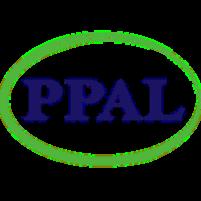


Parent/Caregiver Support
No sign up required for most groups. Groups that do require registration or booking include an email but are not clickable
Questions?parentsupportgroup@PPAL.net
PPAL.net/events/
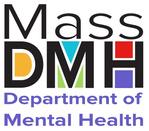
ASK THE ADVOCATE
MONDAY
VIRTUAL / PHONE BY APPOINTMENT TUESDAY
parentsupportgroup@ ppal.net
Click on support group titles to join the zoom link unless otherwise indicated.
Grupo de Apoyo Hispano
VIRTUAL lunes 10:00 AM - 12:00 PM
Parents Raising
LGBTQIA+ Children VIRTUAL 6:00 PM - 8:00 PM
North Central MA Caregivers of Teens and Young Adults IN PERSON & VIRTUAL 5:00 PM - 7:00 PM
WEDNESDAY THURSDAY
Relax and Connect
VIRTUAL 11:30 AM - 1:30 PM
Caregivers of Teens and Young Adults
VIRTUAL 6:00 PM - 8:00 PM

Grandparents Connections
VIRTUAL
2nd Thursday each month 12:00 PM - 2:00 PM
Grandparents Connections
VIRTUAL
4th Thursday each month 6:30 PM - 8:30 PM
Sibling Support Program
VIRTUAL
1st Thursday each month
*Pre-Registration Required emily.rubin@umassmed.edu 5:30 PM - 7:30 PM
Parent Support Group
VIRTUAL 5:00 - 7:00 PM
** 6:00 - 8:00 PM starting 5/2/2024
North Central MA Family Support Group IN PERSON & VIRTUAL 5:00 PM - 7:00 PM
Join Our Community on Facebook:
PPAL'S PAGE
PPAL EN ESPAÑOL
PARENTS OF TRANSITIONAGE YOUTH GROUP YOUTH MOVE MA
FRIDAY Family Connections VIRTUAL 12:00 PM - 2:00 PM
IN PERSON for Lynn Families and children
Every Other Friday 6:30 PM -8:30 PM
*Pre-Registration Required
Email Dalene: ptahsw@verizon.net
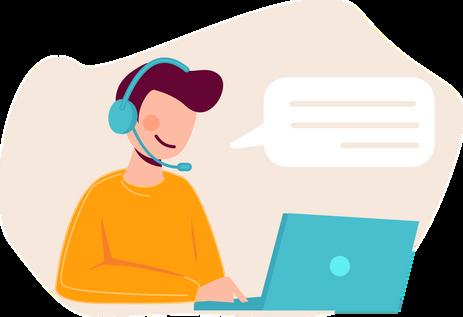

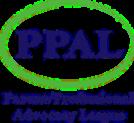
FRIDAY,MAY31,2024
PATHWAYSTOSOCIALJUSTICE PATHWAYSTOSOCIALJUSTICE PATHWAYSTOSOCIALJUSTICE with Keynote
Virtual 9:00 AM - 3:00 PM

Niesha Deed, founder of PureSpark

Conference Kickoff
from Department of Mental Health DMH Commissioner Brooke Doyle
Thirteen years ago, PPAL’s Associate Director Meri Viano noticed that there were no conferences in the state that highlighted topics important to parents of children with mental health needs. Meri knew from her work with families that diving into difficult topics, such as suicidality, psychosis, eating disorders, and disparate treatment for black and brown populations, was needed. PPAL’s Annual Children’s Mental Health Conference was born and is now in its 13th year! PPAL views this conference as just one step on the pathway to achieving social justice for ALL children (and families) in mental health We hope to see you there!


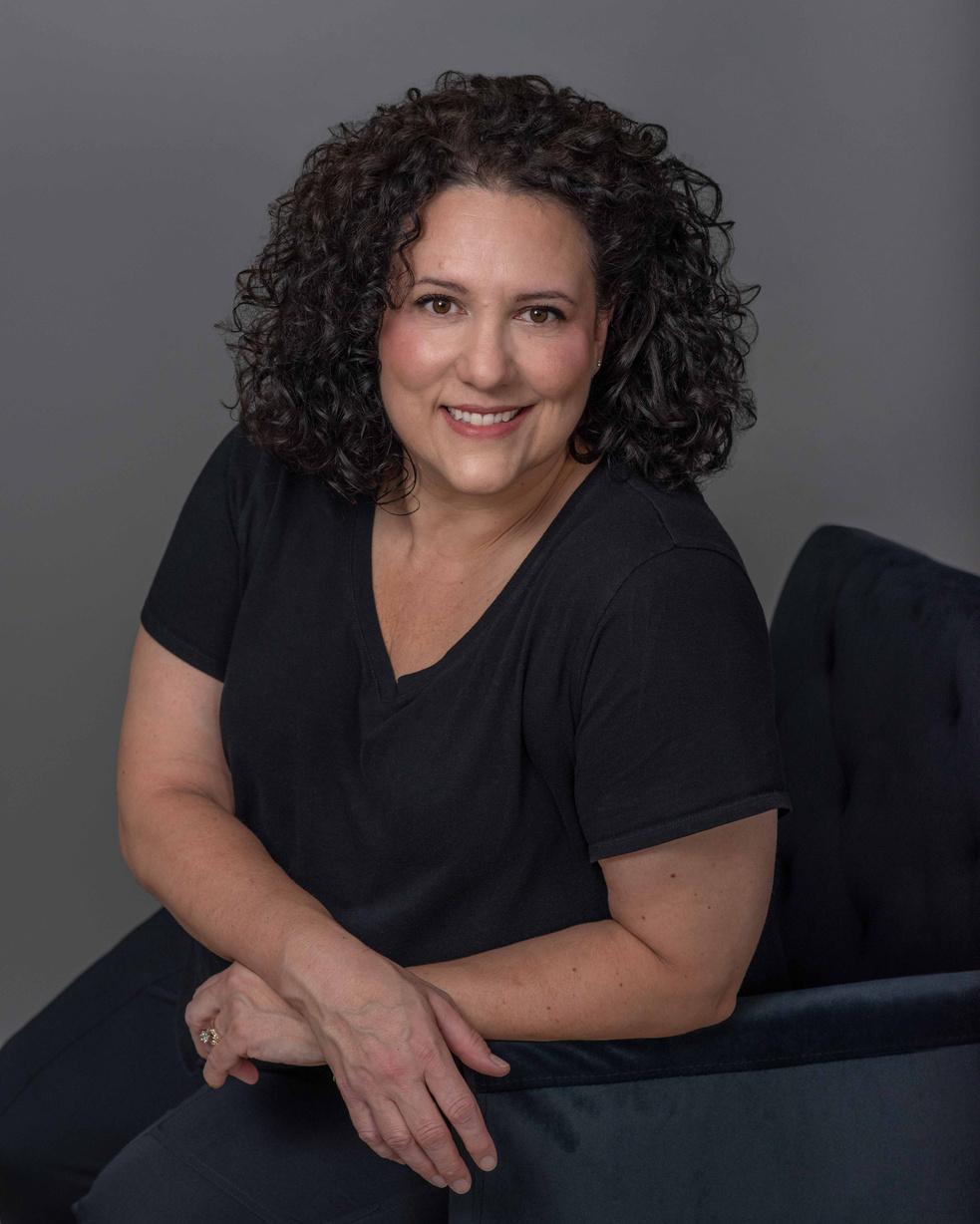
1. The Fight to Stop Suicide
Karen Carreira, MA, LMHC
The American Foundation for Suicide Prevention (AFSP)
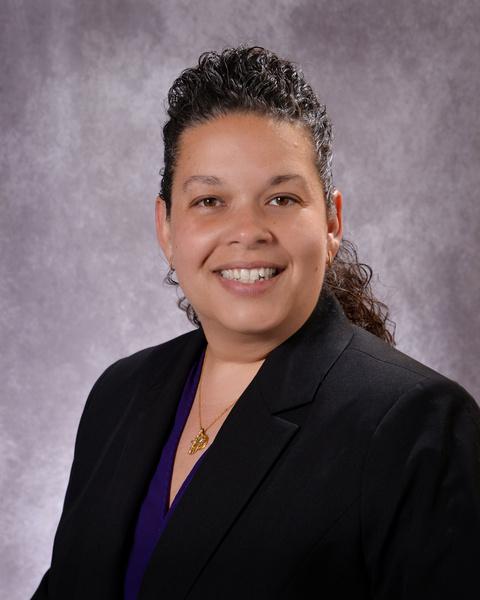


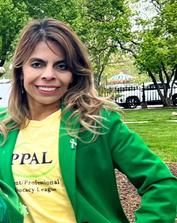

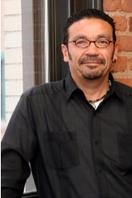
2. Keeping your Kid out of the Juvenile Justice System
Cristina F. Freitas, Esq.
Deb Freitas, Esq. Freitas & Freitas, LLP
3. Reducing Systemic Trauma: A Neuroscience-Aligned Approach to Discipline
Guy Stephens, Founder and Executive Director, Alliance Against Seclusion and Restraint (AASR)
4. Fundamentos Básicos de la Salud Mental
Johana Rodriguez, Multicultural Outreach Coordinator
Parent/Professional Advocacy League (PPAL)
5. Unleashing the Power of Parenting: Strategies for Nurturing Your Intense Child
Celeste Viciere, LMHC
https://www.celestethetherapist. com/
6. Working with People with Substance Use Disorders and Supporting Recovery Processes
Haner Hernandez, Ph D , CPS, CADCII, LADCI
7. Achieving Optimal Health and Wellness: Embracing a Holistic Mindset
Celeste Viciere, LMHC
https://www.celestethetherapist. com/
8. The Transformational Power of Student-Led IEPs
Katrina Delaney, M.Ed. Empowered Pathways
9. Early Psychosis: Symptoms, Identification, and Treatment
Emily Gagen, PhD – Director
Tanya Trevett, M.Ed. Family Partner
Sarah Dreyfus, Young Adult Peer Mentor
10. Eating Disorders and Anxiety Disorders: Overlap, Differences and Treatment
Ally Emig, LCSW-S, CEDS, RYT, Education Specialist
National Alliance for Eating Disorders
11. Taller de Derechos Básicos
Ruth de la Cruz, InformationOutreach Specialist, Latino Families/PTI
Federation for Children with Special Needs (FCSN)
12. Cultural Considerations in Supporting Caribbean Families
Tamara Leroy-London, LICSW
Healing With Trust Therapy, LLC
Healing & Wellness: Empowering Migrant Minds








In the realm of children's mental health advocacy, fostering understanding and growth is paramount. Navigating mental health issues among our youth is complex. To be successful at such navigation, it's crucial that we consider the strategies we use in advocating for their wellbeing. One such strategy gaining traction is the concept of "calling in" versus "calling out."
“Calling someone in" and "calling someone out" are related but distinct concepts, especially in the context of social justice, advocacy, and activism.

Traditionally, social activism relies on the tactic of "calling out" individuals or institutions for their harmful behavior or practices. "Calling someone out" typically refers to publicly confronting someone about their behavior, statements, or actions, to hold them accountable for harm they've caused or to challenge their problematic beliefs or attitudes. It's done in response to actions or statements that are considered offensive, oppressive, or harmful. While this approach may sometimes be necessary to hold individuals or systems accountable, it often is deliberately shaming, working against the intention by alienating the person being called out.


"Calling in," on the other hand, offers a more nuanced and empathetic approach to addressing problematic behavior or attitudes. Rather than publicly shaming or condemning individuals, "calling in" involves inviting them into a private or semiprivate conversation where they can be gently challenged and, importantly, educated on the impact of their actions or words. This approach prioritizes empathy, understanding, and dialogue, with the goal of fostering growth and promoting positive change. It's about inviting someone to reflect on their actions, learn from their mistakes, and grow– offering the same opportunities to others that we would want for ourselves or our children!
In the context of children's mental health activism, "calling in" holds particular significance. When advocating for the well-being of children and adolescents struggling with mental health issues, it's essential to create spaces that are safe, supportive, and conducive to open dialogue and education. "Calling in" allows us to engage with parents, educators, policymakers, and other stakeholders in a way that encourages reflection, learning, and collaboration.


“Do the best you can until you know better. Then when you know better, do better.”
-Maya Angelou
By embracing the concept of "calling in," children's mental health activists can create more inclusive and compassionate advocacy spaces It allows us to address harmful attitudes and behaviors while also recognizing the humanity and potential for growth in those we seek to engage with. It’s an effective way to create change.
Turn the page to see specific examples of calling-in!
Family Member:
Imagine a scenario where a family member expresses skepticism about the effectiveness of therapy for children. Instead of publicly challenging their views, you might choose to "call them in" by initiating a private conversation. Share your own positive experiences with therapy or provide them with resources and information about the benefits of therapy for children. Encourage them to consider alternative perspectives with empathy and openness.



Suppose you overhear another parent making stigmatizing remarks about a child with ADHD at a school event. Rather than publicly confronting them, consider "calling them in'' by inviting them for a one-on-one conversation. Share insights about ADHD, its challenges, and its positives. Offer to connect them with resources or support groups where they can learn more and gain a deeper understanding.
Teacher:
If a teacher dismisses a student's struggles with depression during a parent-teacher conference, you could "call them in" by scheduling a private meeting to discuss the issue. Acknowledge the pressures teachers face while also emphasizing the importance of validating students' emotions. Share resources on mental health awareness in schools, connect them to programs such as The Birch Project, and offer to collaborate on creating a more supportive classroom environment.

Suppose a news outlet publishes an article sensationalizing mental health issues among adolescents, perpetuating harmful stereotypes. Instead of publicly criticizing the outlet, consider "calling them in" by reaching out to the editorial team or journalists involved. Express your concerns respectfully, citing evidence-based research and offering to provide expert insights or personal stories that present a more balanced perspective on children's mental health.
If a government administrator proposes budget cuts to mental health services for children in your community, you might choose to "call them in" by arranging a meeting to discuss the potential impact of these cuts. Present data and testimonies from affected families to illustrate the importance of maintaining funding for mental health programs. Emphasize the long-term benefits of investing in children's mental health and offer to collaborate on finding alternative solutions.


By embracing the practice of "calling in"
across various interactions and contexts, we can cultivate a culture of empathy, understanding, and collaboration in our efforts to advocate for children's mental health. Let's continue to engage with compassion and openness as we work towards building a more supportive future for our youth.

Community-focusedsupportsandservicesforstudentsandfamilies
64%wantedclassroom-basedsocialandemotionallearningprograms
64%wantedinformation/educationprogramsforparentsandcaregivers
Everyonehasmentalhealth.Studentsocial/emotionalandadulteducationprogrammingbenefits thewholeclassroomandaswellasthelargerschoolcommunity.Theeducationofferstoolsfor individualsandatthesametimereducesstigmaaroundmentalhealthneeds Itkeepsusall talkingaboutmentalhealth.
Familyfocusedsupportsandservices
59%wantedfamily-basedsupport
54%wantedreferralstocommunityproviders
Familieswouldlikeschoolstooffermoresupportfortheirfamiliesaswellascommunity referrals Schoolsareuniquelyqualifiedastheyworkwithstudentsandtheirfamiliesoveralong periodoftime
School-basedstudentfocusedsupportsandservices
60%wanted1-to-1support/servicesfromtherapistsandpsychologists
55%wanted1-to-1support/servicesfromguidancedepartments
55%wantedmentalhealthscreeningsforallstudents
53%wantedgroup-basedsupport
Familieswouldlikeschoolstohaveincreasedschool-basedservicesdesignedtomeettheneeds ofspecificstudents.
Only 41% of families were looking for telehealth therapy to be coordinated through schools. Telehealth, while important, is just one of many services that schools can offer.
If you need help from PPAL right now, request family support here or call us toll free at (866) 815-8122.

PATHWAYSTOSOCIALJUSTICE PATHWAYSTOSOCIALJUSTICE PATHWAYSTOSOCIALJUSTICE
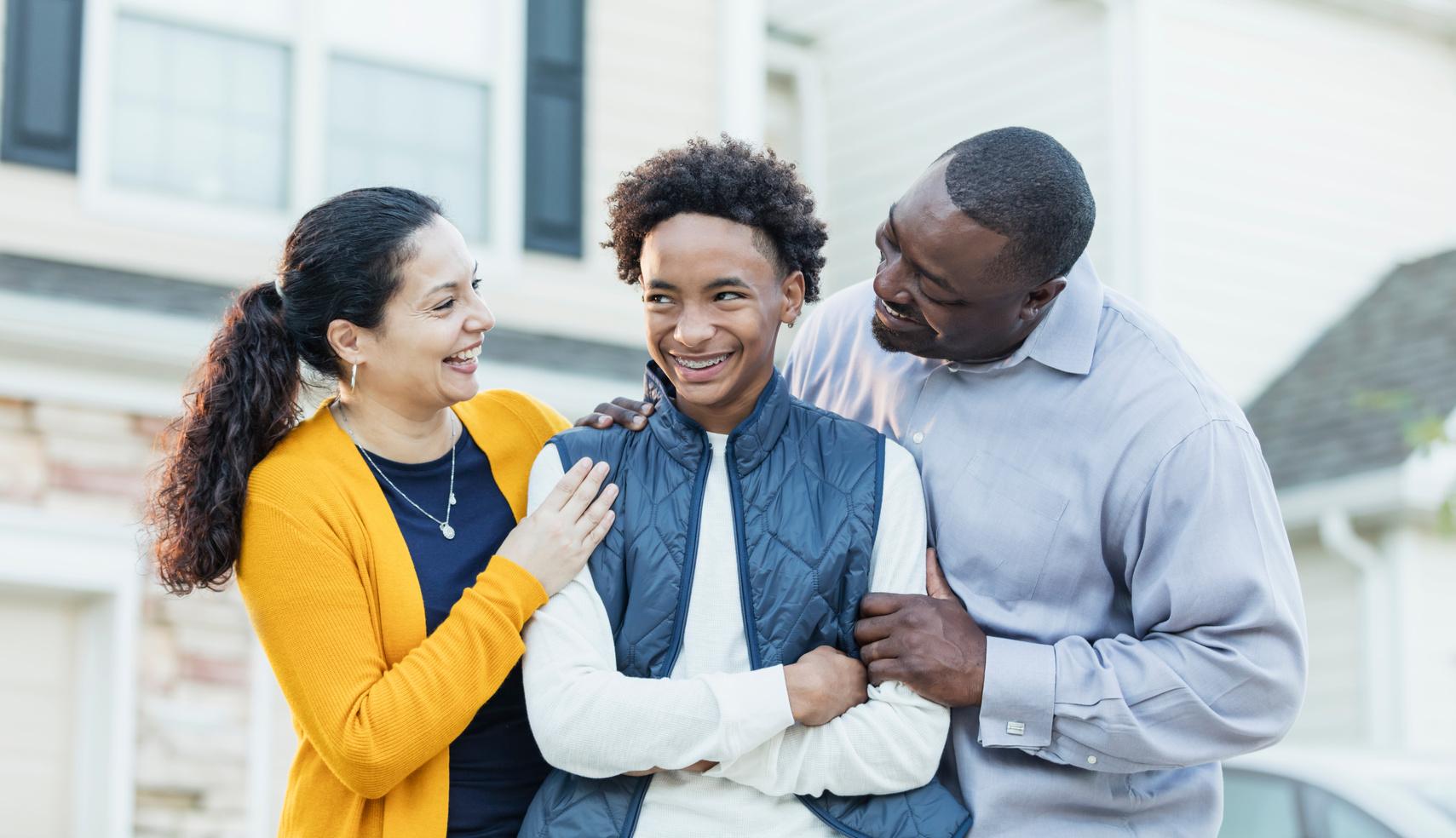


This May, join us in highlighting the importance of children’s mental health as part of the pathway to social justice! Learn and reflect through books and resources and advocate with us in your community and school and at the Massachusetts State House!
Join us at the State House for a briefing on School-Based Behavioral Health followed by Dressing the Ducklings in the Boston Public Garden for Children’s Mental Health Month!
May 9th, 2024
11:00-12:00- @ Massachusetts Statehouse, Members Lounge
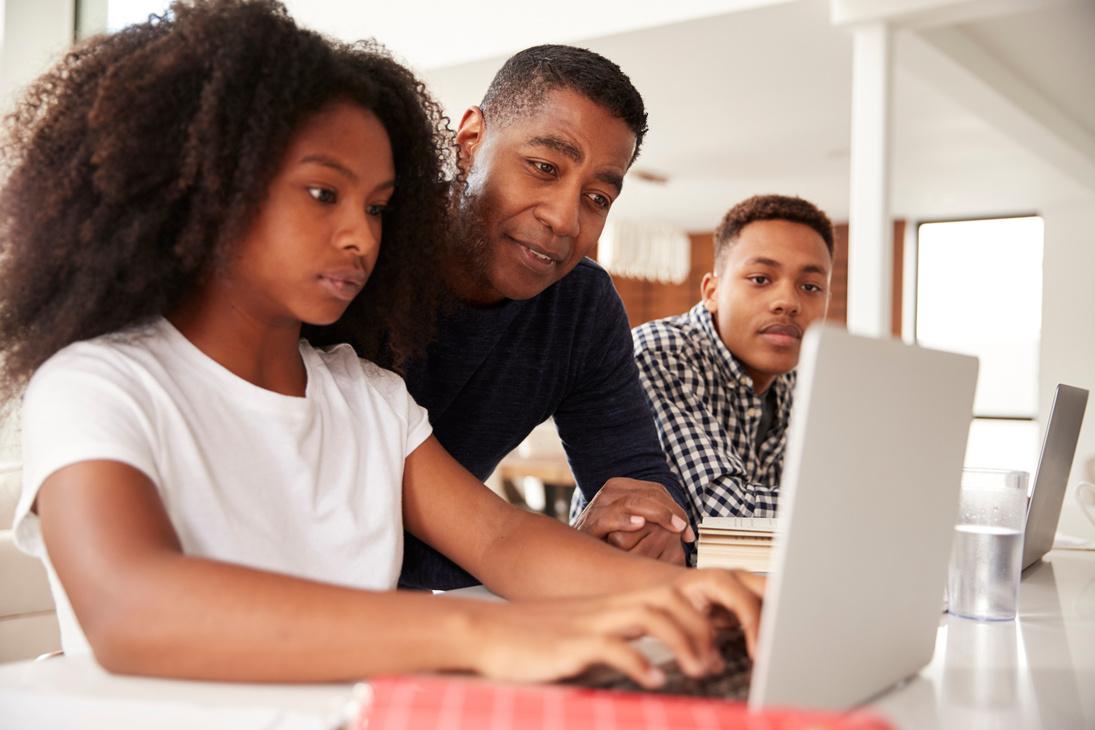



Can’t make it?
Participate in Children’s Mental Health Week all May long using our 2024 Children’s Mental Health Month Toolkit below!
12:00-2:00- Dressing The Ducks @ Boston Public Gardens Download
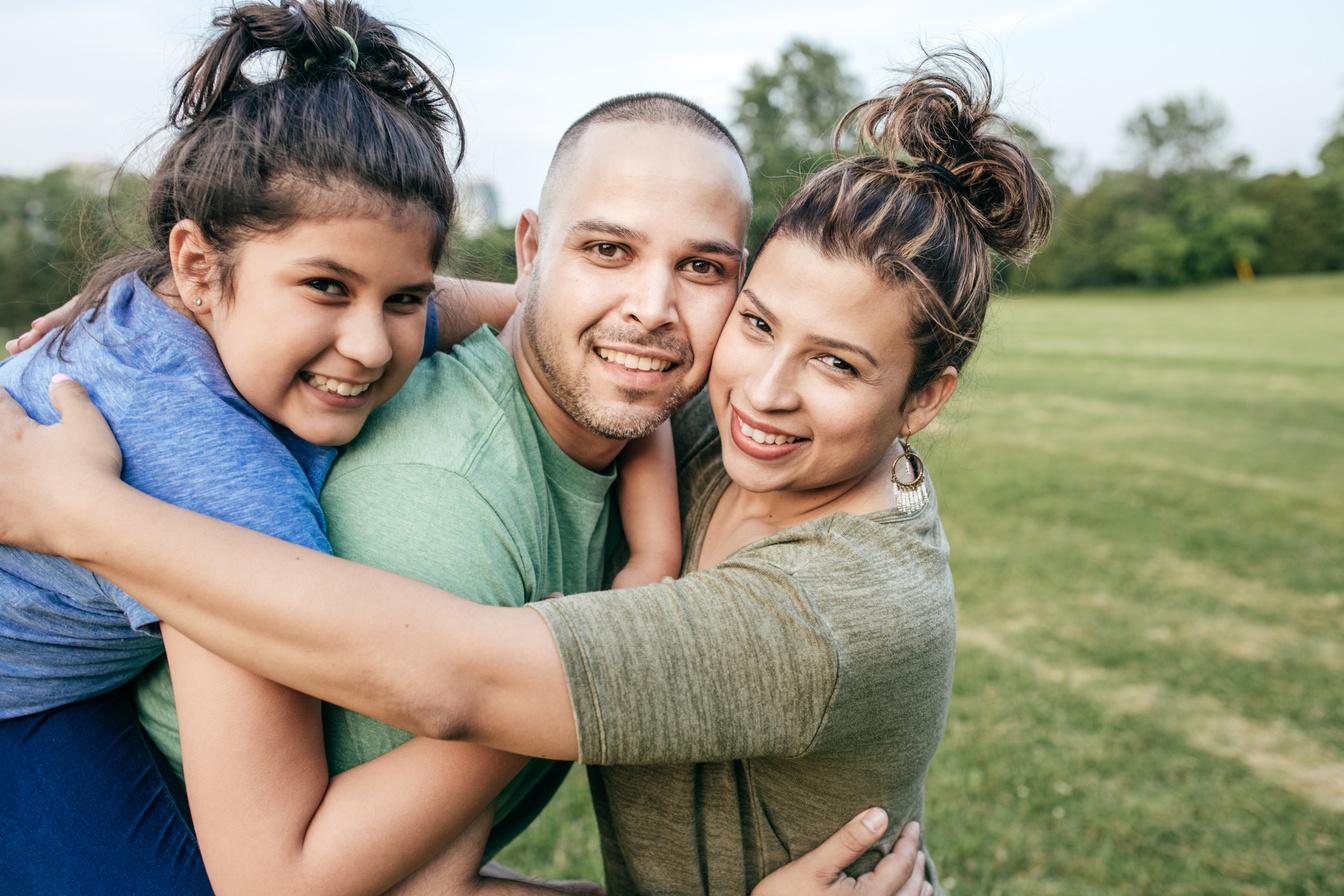
Download PPAL’s 2024 Children’s Mental Health Toolkit!
Printable Toolkit Includes:
Top 10 Recommended Books for Kids, Young Adults, and Parents!
May 2024 Mental Health Calendar with facts, resources, and action steps! Advocacy Action Steps
More information about PPAL!

One interesting fact about me: Growing up, I had severe hip dysplasia; one of my legs is an inch longer than the other If I could only eat one food for the rest of my life: Pizza!
Something I’ve been enjoying lately: Staying active in political and social justice movements
Tashena Marie is a PPAL Family Support Specialist and also works on PPAL communications and social media! Before coming to PPAL, Tashena was a before- and after-school Program Director. She loved getting to know kids, helping them feel accepted, and empowering them to discover their “thing!”

Tashena found PPAL while advocating for her 6 kids and bonus kids! Tashena and each of her children have their own ‘neurospicy’ diagnosis and/or mental health needs. Tashena really enjoys working with families through PPAL and making a positive impact in the world.
Apart from PPAL, Tashena has always been a fierce advocate. She began her journey advocating for proper diagnoses after she struggled growing up without one. With a proper diagnosis, children and adults often feel they understand themselves better, and can address their needs directly because they’ve been given the language to do so. Tashena’s passion and interest in the neurodiverse community led her to other identity-related advocacy, including advocating alongside other indigenous folks to change the state seal, flags, and mascots, and bringing the first LGBTQIA+ Pride event to her small town!

To seek support from PPAL’s family support staff, fill out our Family Support Request Form!
The purpose of this workshop is to adequately prepare family members to advocate and to serve on committees and advisory boards. Family experience can help shape the quality of services and supports delivered, but it’s important to do this effectively. This workshop is for Parents/Caregivers that are ready to advance their advocacy skills in child-serving systems and/or policy.



Please join us at The Inside Track, a PPAL briefing and networking meeting to get updated on new and current resources, news, legislative changes, and advocacy efforts that affect children, youth, and families.
PPAL recently welcomed Guy Stephens, the executive director and founder of the Alliance Against Seclusion and Restraint (AASR), to our monthly Statewide meeting. AASR is a parent-driven advocacy organization that works to educate and to eliminate restraint and seclusion in our schools and other settings. AASR advocates at national and state levels, and consults directly with restraint programs to improve their materials.

See AASR’s slides on Restraint in Massachusetts here:
AASR Position on Seclusion and Restraint:
Seclusion: We don’t believe that seclusion is ever an appropriate intervention. There is no therapeutic or educational value to seclusion. Seclusion leads to significant trauma and will increase stress-related behaviors.
Physical Restraint: The use of physical restraint should be exceedingly rare. Physical restraint should only be used in situations that involve high likelihood of imminent, serious physical harm to a child or others. These situations should be rare.
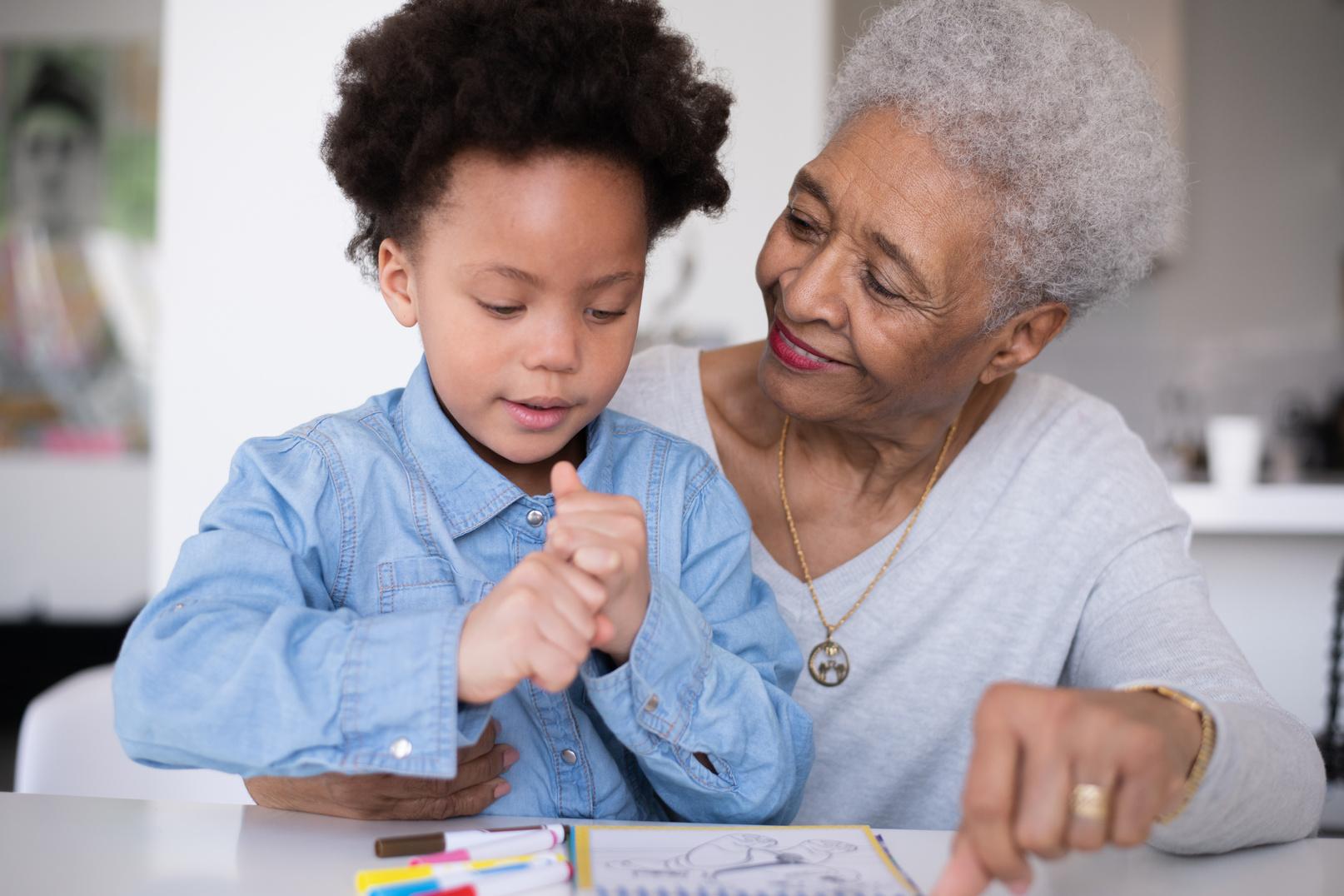

“We currently have no Federal law around the use of restraint and seclusion in schools across the nation. There are federal laws in other settings, including law enforcement and healthcare. There have been attempts to pass federal law going back to 2009, but none have been successful to date. As a result, each state has its own laws and policies related to the use of restraint and seclusion in schools. Some states have better laws than others, but even in those with better laws restraint and seclusion happen far too often and result in significant harm.” - AASR
Definitions Related to Restraint
Physical escort shall mean a temporary touching or holding, without the use of force, of the hand, wrist, arm, shoulder, or back for the purpose of inducing a student who is agitated to walk to a safe location.
Physical restraint shall mean direct physical contact that prevents or significantly restricts a student's freedom of movement. Physical restraint does not include: brief physical contact to promote student safety, providing physical guidance or prompting when teaching a skill, redirecting attention, providing comfort, or a physical escort.


Definitions Related to Seclusion
Time-out shall mean a behavioral support strategy developed pursuant to 603 CMR 46.04(1) in which a student temporarily separates from the learning activity or the classroom, either by choice or by direction from staff, for the purpose of calming. During timeout, a student must be continuously observed by a staff member. Staff shall be with the student or immediately available to the student at all times. The space used for time-out must be clean, safe, sanitary, and appropriate for the purpose of calming. Time-out shall cease as soon as the student has calmed.
Seclusion shall mean the involuntary confinement of a student alone in a room or area from which the student is physically prevented from leaving. Seclusion does not include a timeout as defined in 603 CMR 46.02. The United States Department of Justice defines seclusion as “the involuntary confinement of a student alone in any room or area. It includes the use of any room or area in which the student is alone and not free to leave (or believes they are not free to leave). Seclusion is prohibited in Massachusetts public education programs.
Common reasons that restraint and seclusion happen:
Disrespect
Minor Behaviors
Non-compliance
Bad language
Punishment
Property damage
Inconvenience
Splashing water
Throwing a sandwich
Turning lights off and on
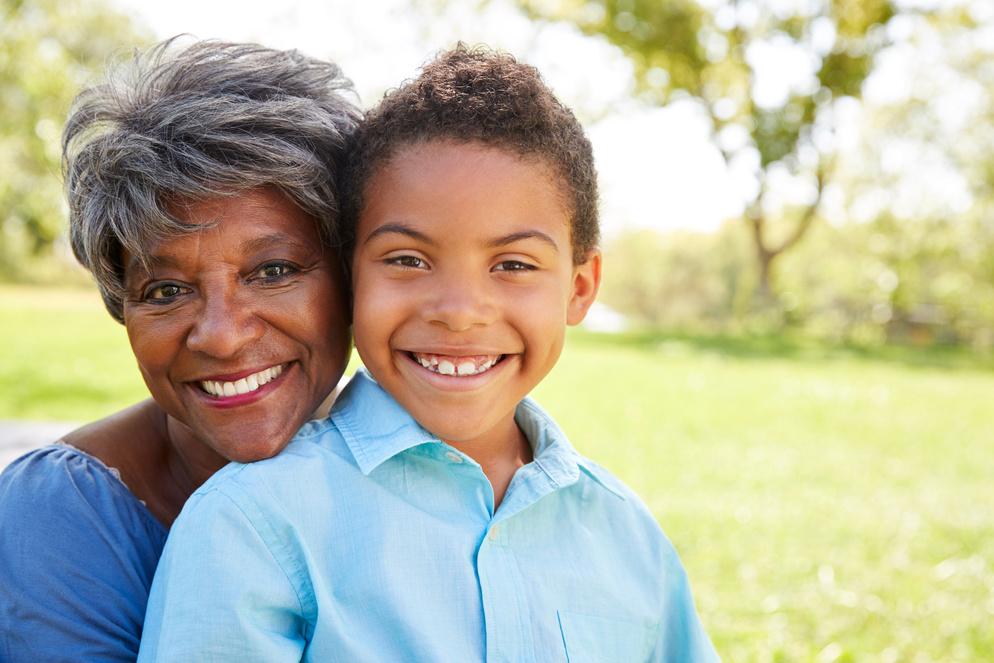

Taking their shoes off
Elopement
Inability to communicate
Anxiety attack
Refusing to take a break
Sitting incorrectly in a chair
Crying
Throwing a tantrum
Difficulty with transitions
Singing in class

Who is trained to perform Seclusions or Restraints?
Special educators and aides, paraeducators, tutors, behavior interventionists
School psychologists
Applied Behavioral Analysis (ABA) techs and Board Certified Behavior Analysts (BCBAs)
Sometimes school nurses, school administration, or other school staff who interact with students
Sometimes the whole school Hospital staff
Direct support staff at inpatient
hospital settings or residential schools
Sometimes Foster Care providers

Who is most likely to be restrained or secluded?
Elementary school students
Children who are placed in more restrictive settings
Children with a trauma background
Kids who are adopted
Kids who are in the foster care system
Kids with generational trauma
Kids in a household with mental illness
Kids in households with substance use
Kids in households with domestic violence
Kids with an incarcerated household member
Write a “Do Not Consent” letter
Ask that the “Do Not Consent” letter be included in the IEP and other documents relating to your child
Identify triggers/warning signs and cues that your child is escalating; be able to teach this to everyone who comes into contact with your child.
Talk to your school about your concerns with using seclusion and/or restraint, and let them know about restraint alternatives
Make sure your child’s sensory needs are met - unmet sensory needs can lead to irritation and heightened emotions.
Ask which restraint program is being used–some common ones are CPI, Safety-Care, and Handle With Care.
Collaborative Proactive Solutions
The Neurosequential Model for Education
Beyond Behaviors
Applied Educational Neuroscience
Low Arousal
Ukeru
Self-Reg
“A ‘Do Not Consent’ letter is a written letter that states you, as a parent or guardian, do not consent to the school's use of restraint, seclusion, and corporal punishment in response to your child’s behavior.
A ‘Do Not Consent’ Letter also communicates that you want to work with your child’s team for the development and implementation of appropriate supports and accommodations for your child. This is a proactive step to support a safe and secure school environment for your child.”
-Guy Stephens, AASR
Restraint is reactionary and not preventative. Prevention can be difficult. It requires staff to be vigilant, creative, patient, and attuned to your child - noticing small changes in their demeanor and anticipating barriers in their day. When people say restraint or seclusion is their only option for keeping kids safe, they’re admitting they do not have the skills and/or resources to meet your child’s needs.
Here are additional suggestions, from Guy Stephens at AASR:
The use of restraint and seclusion can be an indication that your child’s Individualized Education Program (IEP) is not appropriately meeting your child’s needs. The use of restraint and seclusion can also lead to a denial of a Free and Appropriate Public Education. The Massachusetts Department of Elementary and Secondary Education (DESE) has investigation procedures for resolving complaints filed under the Individuals with Disabilities Education Act (IDEA) and corresponding Federal and State laws and regulations. You can find forms and guidance on the DESE website.
The Office for Civil Rights (OCR) has the authority to investigate complaints related to discrimination based on race, color, national origin, ethnicity, ancestry, sex, gender, disability, and age.
Remedies in cases of inappropriate restraint or seclusion include implementation of new policies, dissemination of policies to staff and parents, and training for staff on these policies. Additionally, compensatory educational services may also be required, especially in cases where the student missed class time as a result of the action.
You can file a complaint on OCR’s website.
The Educational Opportunities Section (EOS) of the Civil Rights Division of the Department of Justice combats improper seclusion of students with disabilities in public schools through vigorous enforcement of Title II of the Americans with Disabilities Act. Seclusion is the involuntary confinement of a student alone in any room or area. EOS has investigated and resolved complaints alleging that school districts are using seclusion without justification and as a substitute for appropriate behavior and classroom management.

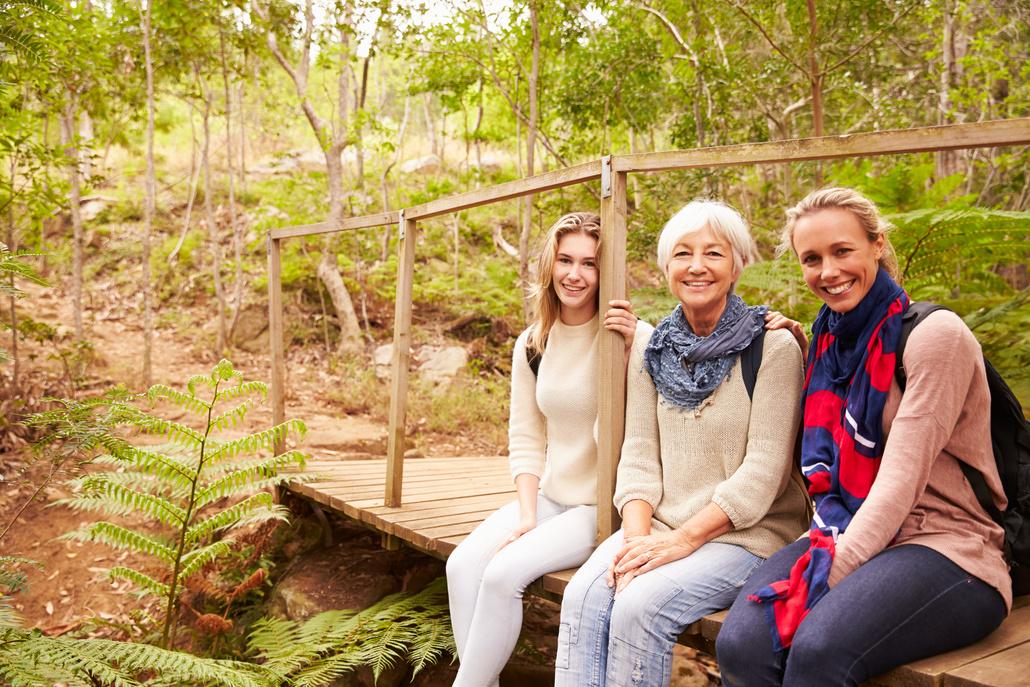
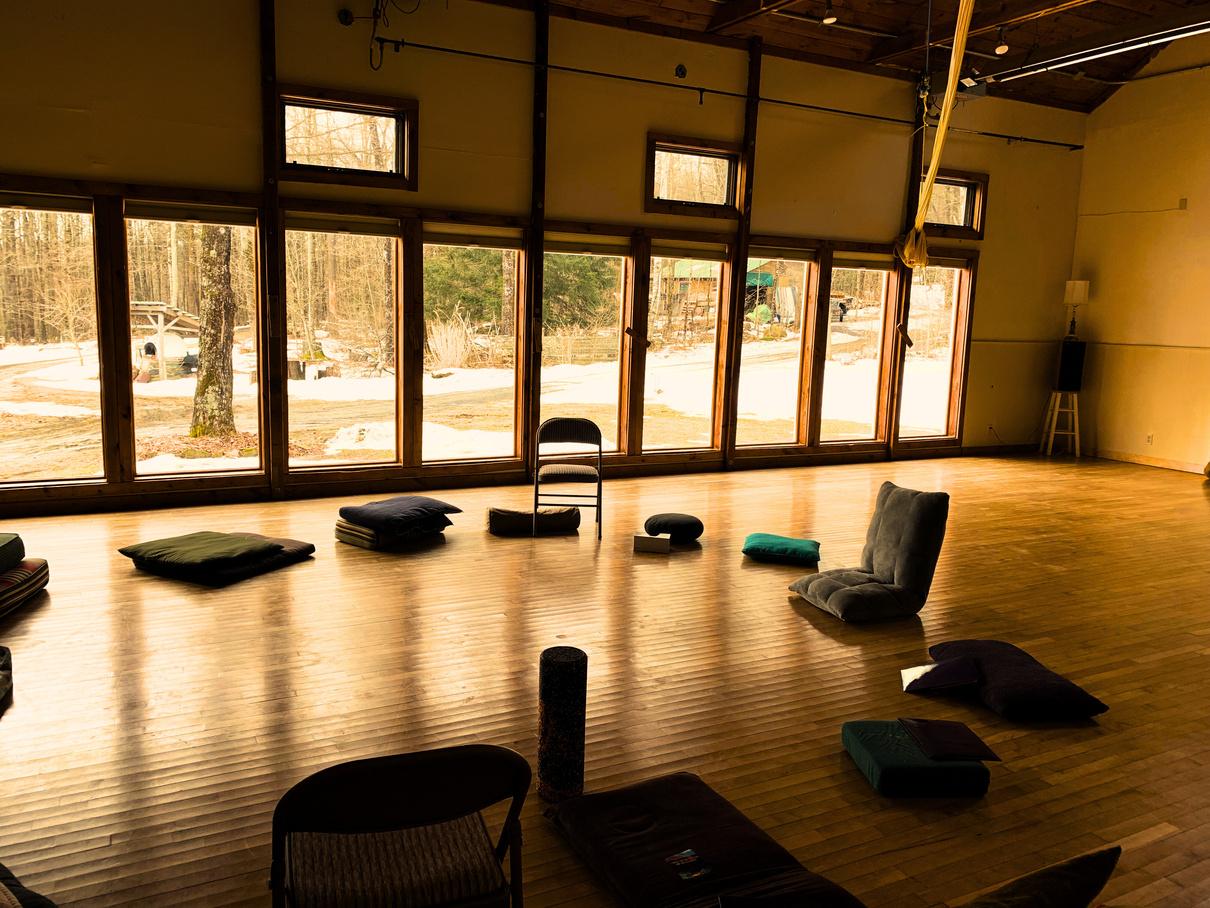
Are you a parent or caregiver of a young person involved in the juvenile justice system? Looking for other families who have been through it, just like you?
Become a part of our community!





PPAL was excited to attend Museo Immigrante: Mental Health in the Latino Community at the Somerville Museum, a significant and timely discussion hosted by the Somerville Museum addressing mental health in the Latino community, particularly cultural taboos and barriers that can impede access to necessary services, and how early intervention strategies and dismantling social stigmas can improve community well-being. Active engagement in these conversations within our Latino community is crucial. Way to go Somerville Museum! If you’d like to host such an event, PPAL would be happy to help. Just be in touch at info@PPAL.net!



Vòng Tay Cha Mẹ Việt (Circle of Vietnamese Parents) of Greater Boston recently celebrated the Têt Festival. This festive occasion, celebrating the arrival of spring and the Vietnamese New Year, brought together Vietnamese-speaking families, including those with children and youth with disabilities, autism, and mental health challenges. The festival aimed to provide opportunities for families who often face social stigma and limited participation in public events due to differing perspectives about disability within the Vietnamese community. PPAL connected with families and several organizations to continue its collaboration with the Vietnamese community. It’s wonderful to see everyone come together to celebrate and support each other. Boston’s Mayor Wu was present, adding to the festive spirit! There was delicious food– the festivities included a delightful spread of Vietnamese dishes and desserts. Connect with The Circle of Vietnamese Parents of Greater Boston (Vòng Tay Cha Mẹ Việt)!
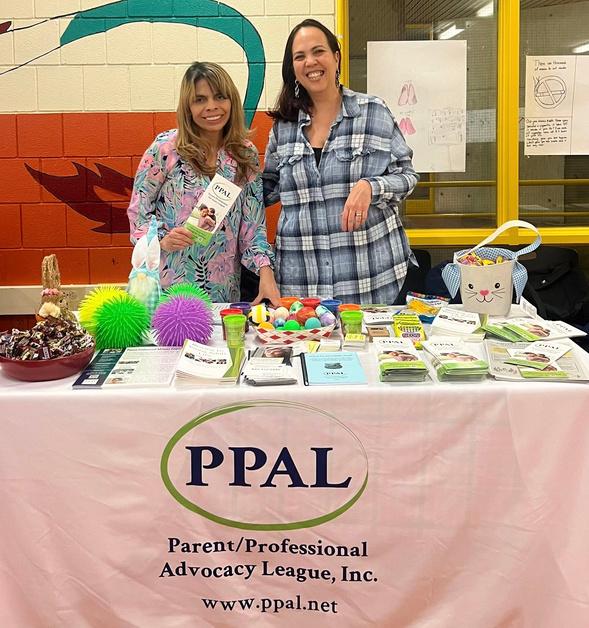
Recently, PPAL had the pleasure to meet with the staff at Josiah Quincy School. We were invited to attend the Equity Round Table which is organized by the Boston Public Schools and demonstrates the school’s commitment to addressing opportunity and achievement gaps. This collaborative effort involves teachers from different schools, districts, and communities working together to create a more equitable educational experience for students. This regular meeting aims to foster dialogue, share best practices, and drive positive change in education. PPAL was happy to participate and to represent parents of children with mental health needs, as well as ensure that families have access to knowledgeable parent support!
Contact
Info@PPAL.net
PPAL is excited to share its involvement with Temple Beth David in Westwood to bring mental health resources to this community. Collaborations like these can significantly impact awareness and support for mental health, especially within faith communities. At the Inclusion Fair at Temple Beth David, PPAL helped to build supportive communities and ensure that families have access to the necessary resources for mental health and well-being. Bringing people together to share experiences and resources is a powerful way to foster understanding and support for mental health. The involvement of 30+ families is a testament to the community’s commitment to this important cause. Congratulations on a successful event, and may your efforts continue to flourish and help many more in the community!
JRodriguez@PPAL.net
Want PPAL to come to your school? Reach out to us at info@PPAL.net! Interested

Youth Move Mass, the statewide Massachusetts Chapter of Youth Move National, has been busy engaging youth and young adults through the monthly Statewide Young Adult Council (SYAC), trainings, and social media. Check out more info below!

Recently, Youth Move Massachusetts gathered youth and trusted adults to create a strategic plan for the organization. Directed by PPAL’s Project Specialist and passionate youth voice advocate Lydia Proulx, the small group went through a series of brainstorming-type activities to tease out ideas for the future. One impactful activity was Headlines From The Future. Everyone came up with and shared a headline they would like to see about the progress Youth Move Massachusetts has made in the nottoo-distant future. It’s a fun way to explore priorities for a project or organization, and it also helps to learn more about the passions of those in your community!


Email CMills@PPAL.net
Have you seen the meaningful content our Youth Advocates have been posting on Instagram! Take a look - they are awesome! @youthmovemassachusetts.
From left to right:
The Support Network: Gretchen Emond, Program Director; Margery Jess, Project Specialist. DMH: Alexis Romanow, Southeast Area Child Adolescent Director. Parent Information Network PIN: Heather Hogan, Program Director. PPAL: Meri Viano, Associate Director; Pam Sager, Executive Director

Parent Information Network hosted their Family Voice Retreat in April 2024. The fullday event was created through a partnership between the Parent Information Network, a program of Bamsi, and the DMH Child and Adolescent division. The retreat was attended by over 60 family partners and family support specialists across the state who came together to learn, celebrate, and connect with each other regarding the important work they do with families.
Both Peter Evers,CEO of BAMSI, and Alexis Romanow, DMH Southeast Area Child and Adolescent Director, kicked off the event with a heartfelt discussion of the value and importance of the work that family partners and family support specialists do across the state, with special emphasis on the unique needs in the southeast. Other speakers, who brought to the table over 100 years of combined experience, discussed laying the groundwork of the family movement, working with parents, self care, empowerment, and understanding legislative bills related to mental health for children and families.
Heather Hogan and the PIN team hosted an event featuring professional skills, leadership, and collaboration for all to walk away with. The day was a fabulous representation of the work that is being done in the southeast!


“Every person needs to take one day away. A day in which one consciously separate the past from the future… Each person deserves a day in which no problems are confronted, no solutions searched for. Each of us need to withdraw from the cares which will not withdraw from us.”





